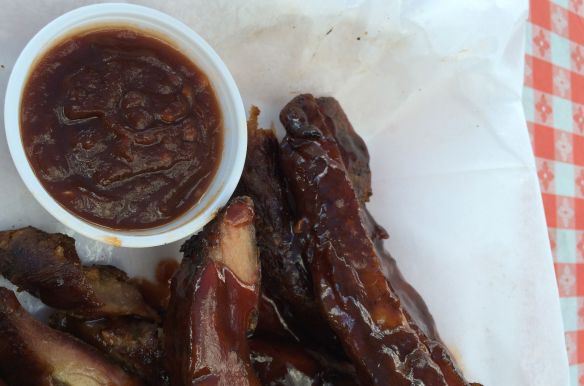About the time I began to pursue racial understanding, I had a student in one of my classes who gave me a whole different perspective regarding race and fear. Thomas was a college freshman at a small university in a small town. He was from one of the largest cities in the United States. As the semester progressed I was impressed by his excellent academic performance and his winning personality. Thomas had wonderful potential, and held himself to a high standard. While giving a required speech in class, Thomas explained what it was like to be a young, black man in his city. He and his friends (also black) were perceived as a threat when walking down the street even though they had done nothing wrong. Thomas stated that white people would cross the street in order to avoid them. This is just the way it was in his city. He and his friends had done nothing to earn this treatment. They were simply young, black, and male.
This heart-breaking revelation was new information to me. “How could people treat Thomas with such disrespect!?” I thought to myself. Then…the days, weeks, and months after that speech I began to examine my own white behavior on the streets, and I was disappointed. When a male of color would pass me on the street, I always moved my purse to the far side of this person. This was just one example of thoughtless, nonverbal behaviors I embraced toward people of color in public spaces. “I need to change. I can do better,” I told myself. Now, I always move my purse to the side closest to the person of color while I smile and say hello. Pitiful, right? What shoulder my purse hangs from is not going to change the world. But, I am dedicated to this small change and others.
Can you imagine going through life receiving such negative messages from your community? I was happily surprised to hear from Thomas the other day. He is a successful leader at an outstanding organization. Thomas did not let perpetual, negative treatment ruin his self-esteem. But, how many young people of color do not have the strength of Thomas?
 about slavery. In fact, I can’t remember a time that I DID NOT know about slavery. However, the discussion was always attached to the fact that we Southerners lost the war. We lost, and we’re still upset about it! Now, as I read with purposeful, new eyes I realized that slavery was an economic foundation of the British colonies, and the new United States of America. So some my ancestors, like many Americans throughout our history, advanced our family through direct or indirect oppression. This is an ugly part of our personal histories to explore.
about slavery. In fact, I can’t remember a time that I DID NOT know about slavery. However, the discussion was always attached to the fact that we Southerners lost the war. We lost, and we’re still upset about it! Now, as I read with purposeful, new eyes I realized that slavery was an economic foundation of the British colonies, and the new United States of America. So some my ancestors, like many Americans throughout our history, advanced our family through direct or indirect oppression. This is an ugly part of our personal histories to explore.